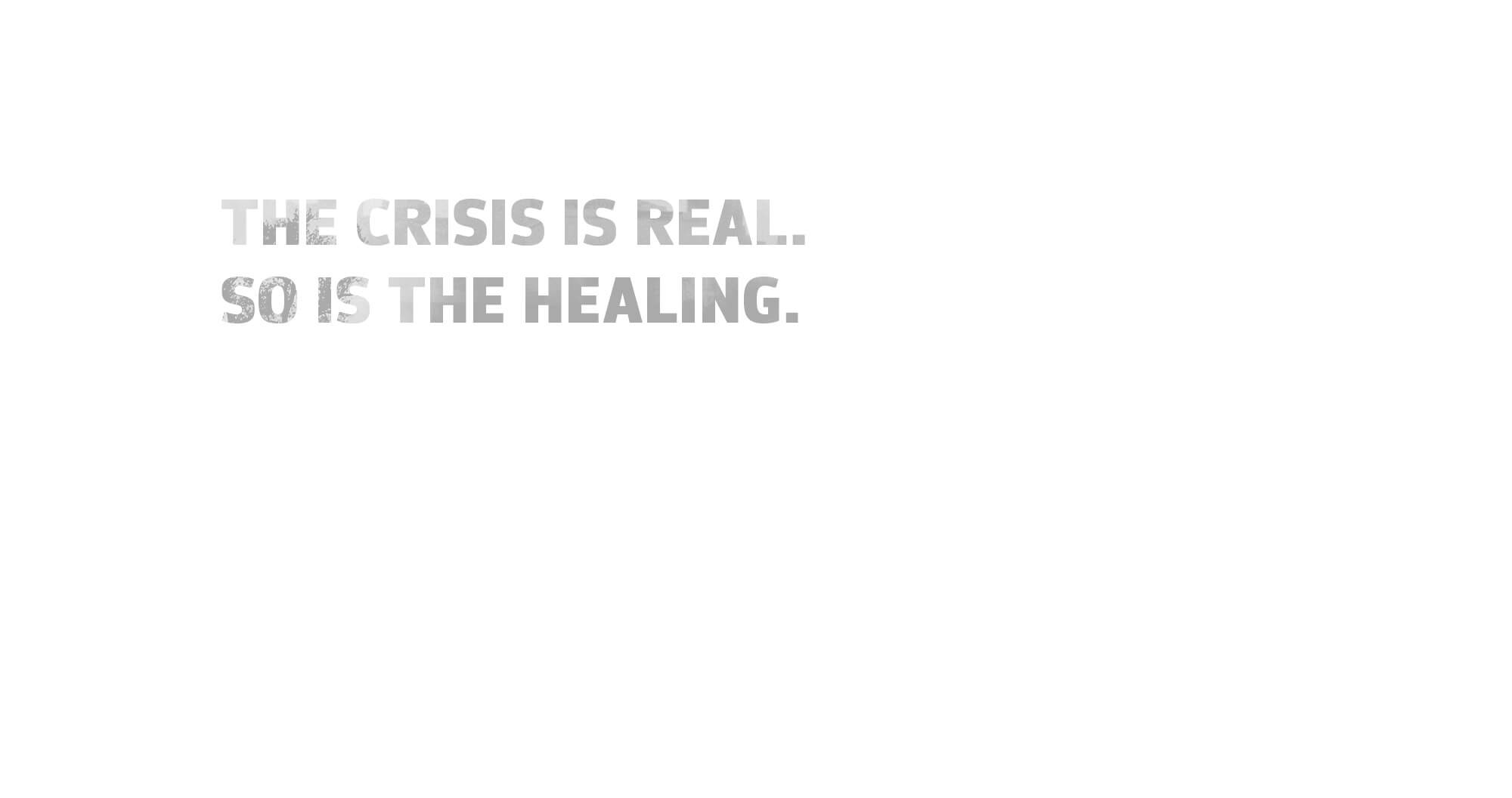[fusion_builder_container hundred_percent=”yes” overflow=”visible”][fusion_builder_row][fusion_builder_column type=”1_1″ background_position=”left top” background_color=”” border_size=”” border_color=”” border_style=”solid” spacing=”yes” background_image=”” background_repeat=”no-repeat” padding=”” margin_top=”0px” margin_bottom=”0px” class=”” id=”” animation_type=”” animation_speed=”0.3″ animation_direction=”left” hide_on_mobile=”no” center_content=”no” min_height=”none”][fusion_title size=”2″]Existing Laws — Hungary[/fusion_title]
Prostitution in Hungary
From Wikipedia, the free encyclopedia
Prostitution in Hungary has been legalized and regulated by the government since 1999. Under the law, prostitutes are basically professionals who engage in sexual activities in exchange for money. The government allows this activity as long as they pay taxes and keep legal documents.
History
Often called the world’s oldest profession, prostitution in Hungary has been present throughout the country’s history. For much of the time, however, it has been an underground and illegal activity, as it still remains in many other parts of the world. In the modern era, Hungary was confronted with excessive tax evasion, and the overall well-being of sex workers was also problematic. For this reason, the government legalized prostitution in 1999.
Current Situation
According to the law, local authorities are obliged to mark zones for legal prostitution if there is a profound local need. Most local authorities deny the existence of such need, and they often refuse to designate such zones. The trade union of Hungarian prostitutes is still fighting for the zones. There are strict conditions under which prostitutes are to operate, keeping distance away from schools or churches. It is illegal to lend a flat to a prostitute, or to run brothels.
Hungarian Prostitutes’ Interest Protection Association
The Hungarian Prostitutes’ Interest Protection Association was founded in 2000 by Agnes Foldi. It serves as a trade union and lobbying organization to prostitutes in Hungary. According to its website, the “Association has stabled the expert co-operation with the task of giving a helping hand to the prostitutes in their re-adaption into the society.” Among its main goals, the organization pledges to help prostitutes to spend the least amount of time as sex workers, return to society successfully, and prevent the spread of the activity to other aspects of life. Additionally, the association also provides counseling, routine health checks, legal advice, and it serves and outreach program to which prostitutes are encouraged to turn when facing difficulties. In 2002, homosexual and transgender prostitutes also joined the organization in order to effectively lobby the government.
Due to regulation, which mandates those engaged in prostitution to subject themselves to periodical health checks, the trade union provides such services. Most attention is focused on the diagnosis and treatment of sexually transmitted diseases (STD) such as Clamydia, Hepatitis B, HIV, Syphilis and Gonnorhea. These checks cost approximately US $90 and they are valid for three months.
Human Trafficking
Hungary is a source, transit and destination country for women trafficked from Romania and Ukraine to Hungary and through Hungary to the Netherlands, the United Kingdom, Denmark, Germany, Austria, Italy, Switzerland, France, and the United Arab Emirates for the purpose of commercial sexual exploitation.
Internal trafficking of women for sexual exploitation also occurs. Experts noted a significant increase in trafficking within the country, mostly women from eastern Hungary trafficked to Budapest and areas along the Austrian border. Roman women and girls who grow up in Hungarian orphanages are highly vulnerable to internal sex trafficking.
According to government officials and NGOs, the majority of traffickers are individuals or small, family-based groups. Organized crime syndicates transported many of the trafficking victims to or through the country for forced prostitution. The U.S. State Department’s report on human rights in Hungary states that although Hungary does not fully comply with minimum standards for the elimination of trafficking, it does make significant efforts to do so.[/fusion_builder_column][/fusion_builder_row][/fusion_builder_container]






